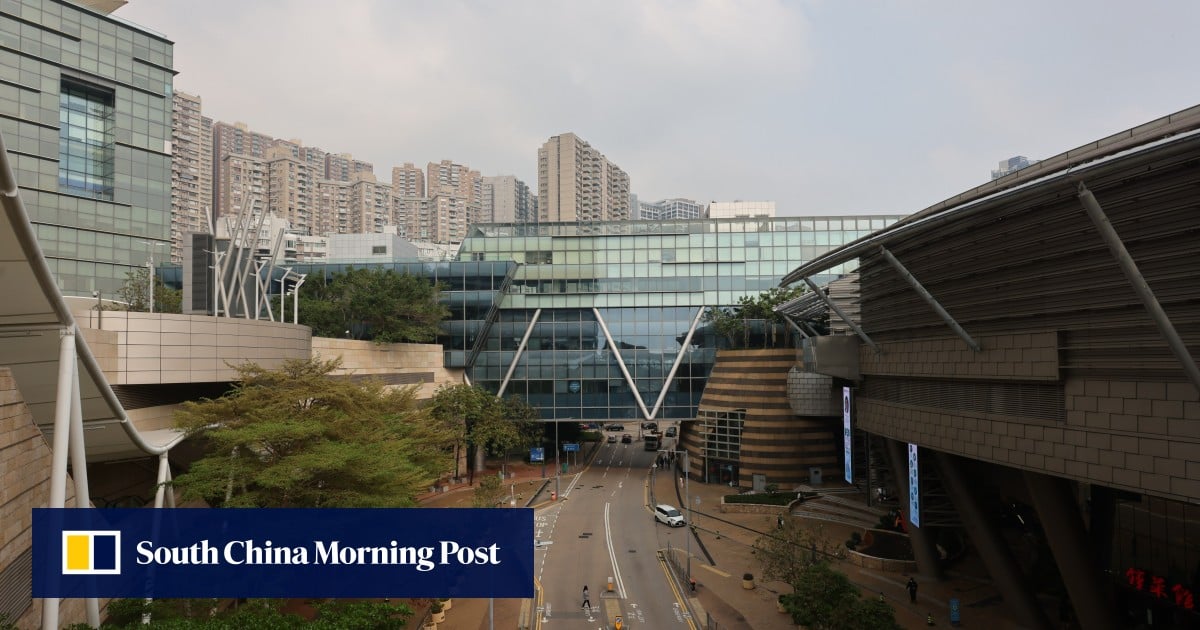
But the expansion of Cyberport presents an ideal opportunity for HKU. Cyberport 5 is being built on reclaimed land and will have more than enough space for the Global Innovation Centre’s needs. The work is expected to be complete by the end of 2025 at the soonest. HKU and Hong Kong as a whole do not need to wait another decade to catch up in cutting-edge technology when the centre can be the anchor of Cyberport 5 and breathe new life into the broader Cyberport project.
Establishing the Global Innovation Centre at Cyberport 5 will remove the need to ruin valuable green belt space in Pok Fu Lam. The centre’s current proposed site is 4.72 hectares, 87 per cent of which is green belt land which would require extensive development before any buildings can be erected there, including the removal of thousands of trees.
The rezoning application has been approved by the Town Planning Board, and the deadline for public feedback on the application lapsed this week. The plan now awaits a final decision by the Chief Executive in Council.
No one, including HKU, should aspire to have their progress depend on deforestation. One show of hands by the government will be enough to send in waves of lumberjacks and bulldozers, creating an entirely avoidable calamity. The proposed site for the Global Innovation Centre is the wrong location. Our Earth has bled enough.
Anthony Hui, Pok Fu Lam
Hong Kong’s approach to tourism must be realistic
Some areas are simply unfit for tourism promotion. Subdivided flats, for instance, are substandard living spaces that exist as a result of our shortage of affordable housing. No one would think it appropriate to encourage tourists to visit such places.
Rather than adopt a blanket approach, Hong Kong’s tourism development should focus on highlighting its genuinely attractive features. The city boasts a rich cultural heritage, stunning natural landscapes, world-class dining and a vibrant entertainment scene. By promoting and enhancing these aspects, Hong Kong can offer a unique and memorable experience to tourists.
Hong Kong can be a top-tier tourist destination by taking a realistic approach – focusing on its strengths while working to resolve its social and environmental issues. This will pave the way for sustainable and responsible tourism development. Only through a thoughtful strategy can Hong Kong unlock its true tourism potential while ensuring the well-being of its residents and the preservation of its unique character.
David Chan, Yau Ma Tei
Why not harness the power of music to unite?
It would be wonderful if the Hong Kong government could leverage the unifying power of music, rather than rely on fear and coercion to govern. Organising patriotic songwriting and singing competitions in schools and between districts could be a fantastic way to inspire citizens to learn about and connect with the history, culture, and progress of Chinese civilisation.
Such initiatives could build a tremendous sense of community spirit and goodwill. Tapping into the emotive and communal aspects of music could be a much more positive and constructive approach than the heavy-handed tactics that have been sometimes employed.
Venkitaraman Krishnan, Kwun Tong
